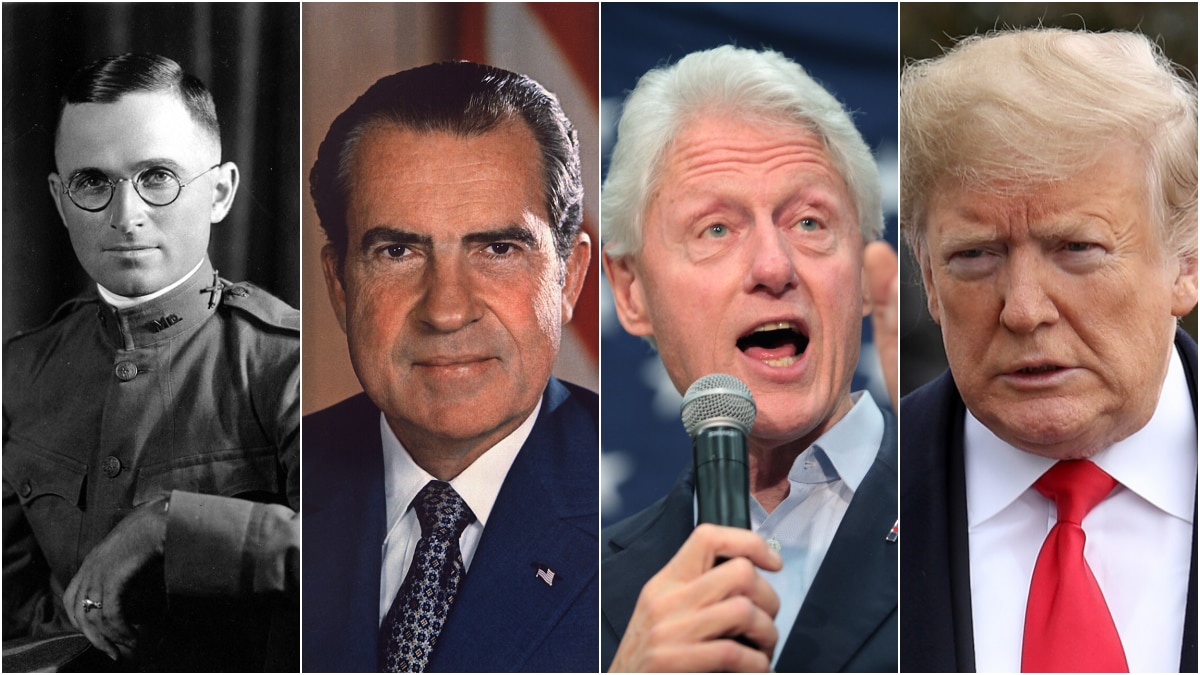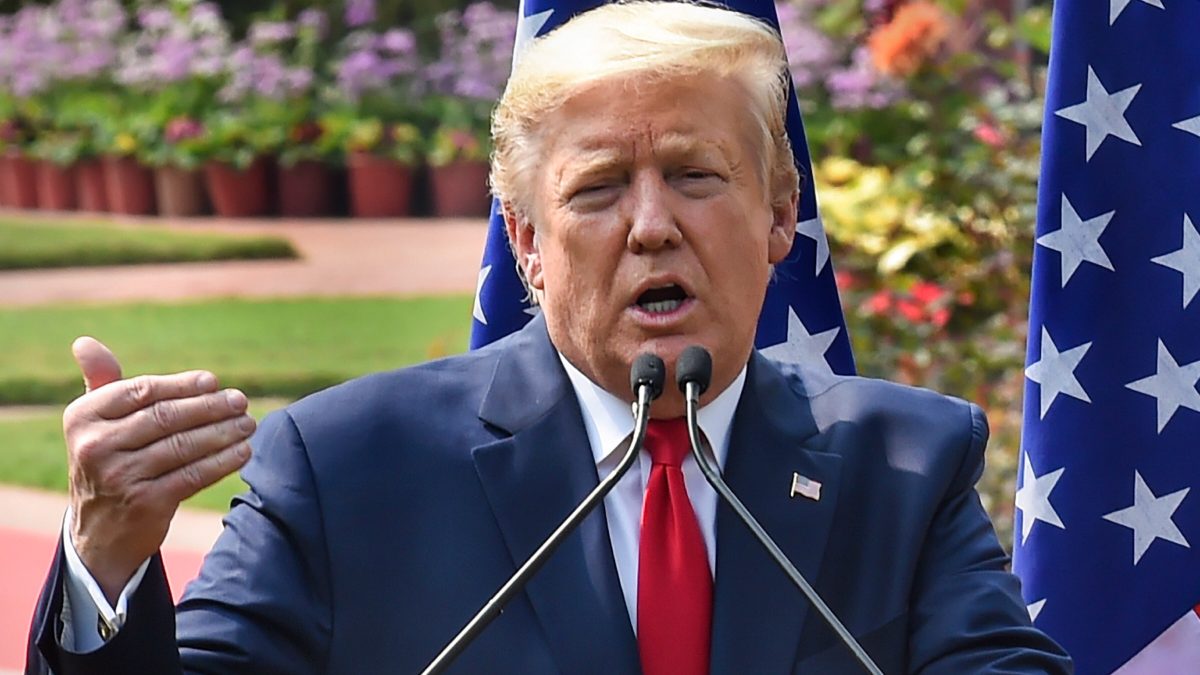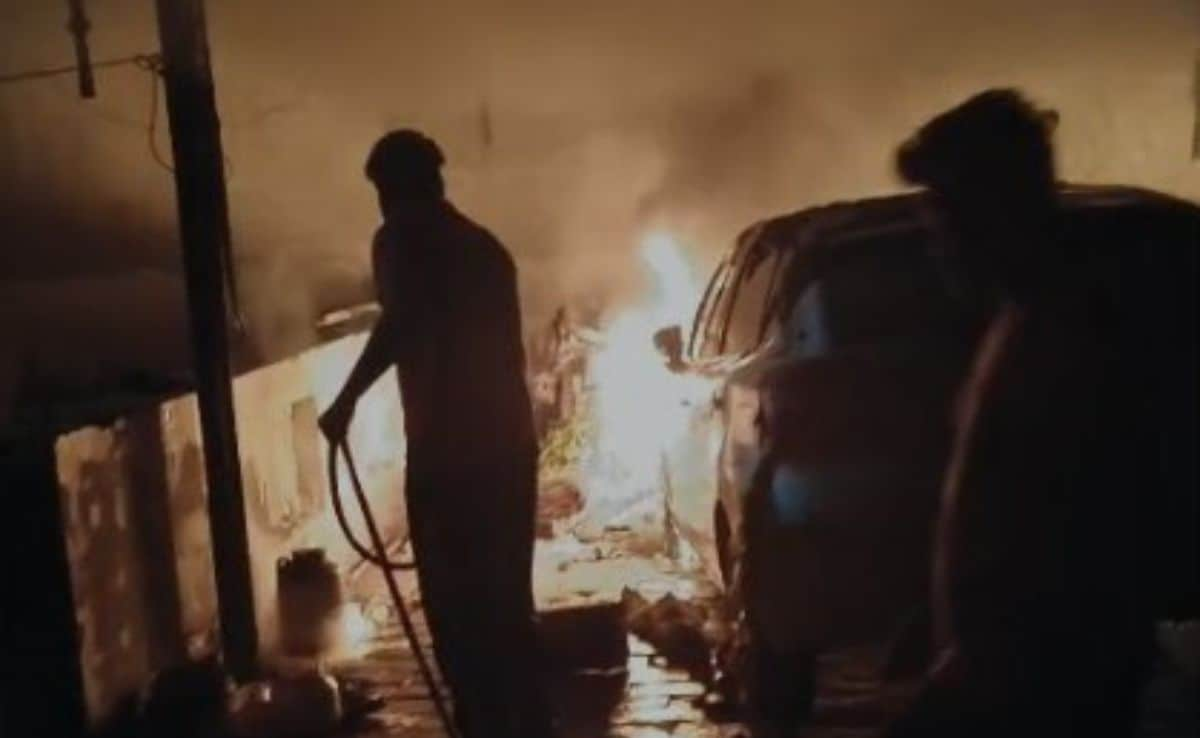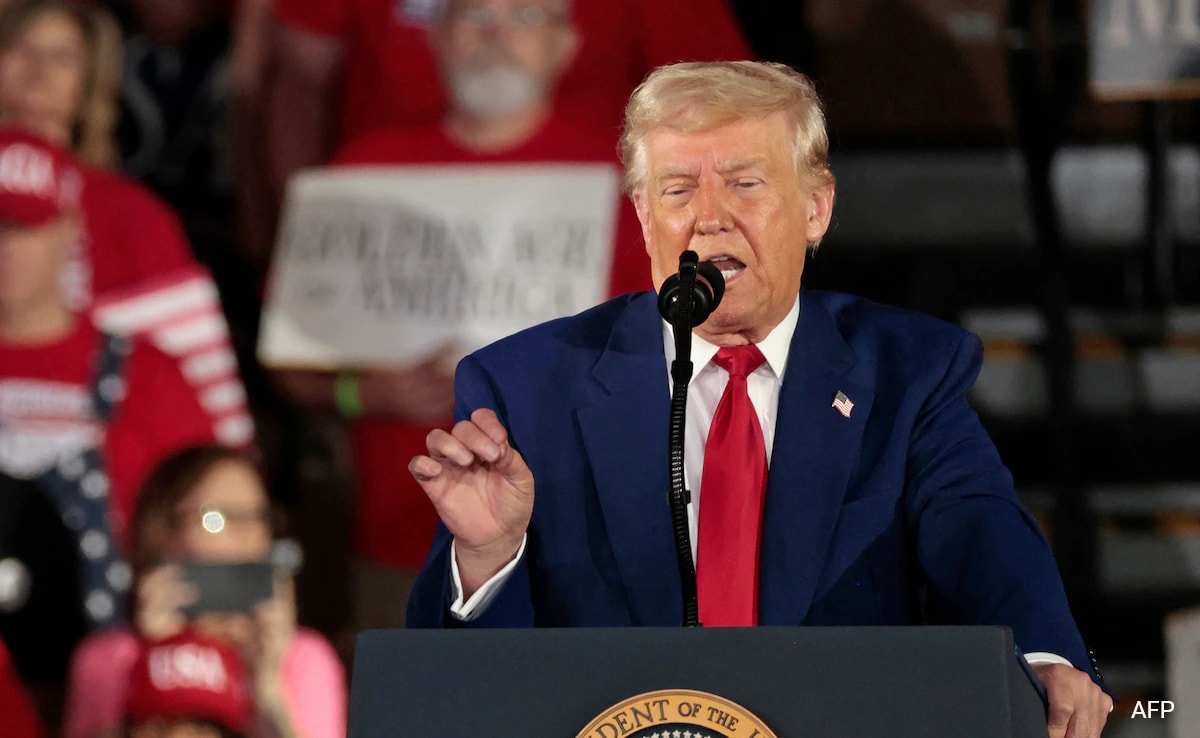<p>The Kashmir ‘dispute’, long considered one of the most intractable geopolitical challenges in South Asia, has frequently drawn the attention of successive United States presidents. While India has consistently maintained that the issue must be resolved bilaterally with Pakistan, Washington has, on numerous occasions, expressed interest—either overtly or diplomatically—in playing a mediating role.</p>
<p>In 1948, under US President <strong>Harry S Truman</strong>, the United States, alongside the British government, was instrumental in the United Nations Security Council’s decision to establish the United Nations Commission for India and Pakistan (UNCIP). This was one of the earliest international attempts to intervene in the conflict diplomatically.</p>
<p>A decade later, during US President <strong>Dwight D. Eisenhower</strong>’s administration, US Secretary of State John Foster Dulles forwarded a partition plan for Kashmir to the President in 1958. He noted that Britain had “wholeheartedly endorsed” the US proposal aimed at reducing tensions in the subcontinent.</p>
<p>US President <strong>John F. Kennedy</strong>, during the 1962 Sino-Indian War, sent a diplomatic mission to New Delhi led by Averell Harriman and Duncan Sandys. The mission attempted to link military aid to India with progress on the Kashmir issue. However, Prime Minister Jawaharlal Nehru strongly resisted any such linkage.</p>
<p>During the Indo-Pakistani War of 1965, US President <strong>Lyndon B. Johnson</strong>’s administration sought to mediate a ceasefire. US Ambassador to Pakistan Walter McNaught held talks with Pakistani leadership, and Washington played a role in encouraging both sides to agree to a ceasefire, although it did not act as a formal mediator.</p>
<p>In 1971, during the Bangladesh Liberation War, the Nixon administration notably tilted towards Pakistan. US President <strong>Richard Nixon</strong> and his Secretary of State Henry Kissinger took a pro-Pakistan stance, driven by Cold War dynamics and the desire to open diplomatic channels with China.</p>
<p>By 1975, during US President <strong>Gerald Ford</strong>’s tenure, the US once again floated the idea of mediation, though it lacked traction in New Delhi. The subsequent <strong>Carter administration</strong> continued diplomatic engagement but without significant progress on Kashmir.</p>
<p>The <strong>Ronald</strong> <strong>Reagan </strong>era in the 1980s marked a shift, with the US avoiding mediation on Kashmir altogether. While the Reagan administration maintained close ties with Pakistan due to Cold War priorities, it refrained from intervening in the India-Pakistan dispute.</p>
<p>Under US President <strong>George H.W. Bush</strong> in the early 1990s, the US encouraged bilateral dialogue but stayed away from any formal mediation. The focus remained on fostering regional stability through diplomacy.</p>
<p>US President <strong>Bill Clinton</strong> took a more vocal stance. In 1993, he called Kashmir “the most dangerous place in the world” during a UN General Assembly speech. During the 1999 Kargil War, Clinton firmly supported India’s demand for Pakistani withdrawal behind the Line of Control. In 2000, he said he would be willing to mediate—if both sides requested it.</p>
<p>The <strong>George W. Bush</strong> administration (2001–2003) played a ‘crisis management’ role during heightened tensions, including military standoffs. Yet, the official US policy did not shift towards active mediation.</p>
<p>US President <strong>Barack Obama</strong>’s administration made it clear that the United States would not mediate on Kashmir, adhering to a non-interference policy despite external calls for involvement.</p>
<p>US President <strong>Donald Trump</strong>, both during his first term and again in 2025, revived the idea of mediation. On May 10, 2025, Trump posted on social media asserting that the US played a mediating role in the recent ceasefire and expressed his willingness to work with both India and Pakistan to resolve the Kashmir issue. “I will work with (India and Pakistan) both to see if… a solution can be arrived at concerning Kashmir,” he said.</p>
<p>Before the second Trump administration, US President<strong> Joe Biden</strong> took a more measured approach. While advocating for peace and dialogue, his administration respected India’s position and refrained from offering to mediate.</p>
<h3><strong>India’s Emphatic No To Trump Mediation Offer On Kashmir</strong></h3>
<p>After Trump’s mediation offer, India has responded firmly. Ministry of External Affairs spokesperson Randhir Jaiswal reiterated, “We have a long-standing national position that any issues pertaining to the Union Territory of Jammu and Kashmir have to be addressed by India and Pakistan bilaterally. That stated policy has not changed. The outstanding matter is the vacation of illegally occupied Indian territory by Pakistan.”</p>
<blockquote class=”twitter-tweet” data-media-max-width=”560″>
<p dir=”ltr” lang=”en”><a href=”https://twitter.com/hashtag/WATCH?src=hash&ref_src=twsrc%5Etfw”>#WATCH</a> | Delhi: MEA Spokesperson Randhir Jaiswal says, “We have a long-standing national position that any issues pertaining to the Union Territory of Jammu and Kashmir have to be addressed by India and Pakistan bilaterally. That stated policy has not changed. The outstanding… <a href=”https://t.co/gsbwsFF36l”>pic.twitter.com/gsbwsFF36l</a></p>
— ANI (@ANI) <a href=”https://twitter.com/ANI/status/1922264978976903273?ref_src=twsrc%5Etfw”>May 13, 2025</a></blockquote>
<p>
<script src=”https://platform.twitter.com/widgets.js” async=”” charset=”utf-8″></script>
</p>
<p>Earlier, Jammu and Kashmir Chief Minister Omar Abdullah also criticised the remarks, stating, “Pakistan has, by design… managed to internationalise the question of Jammu and Kashmir.”</p>
<p>Throughout the decades, US presidents have alternated between interventionist diplomacy and cautious restraint on Kashmir. For India, however, the stance has remained unequivocal—Kashmir is a bilateral issue, not open to third-party mediation. In recent remarks, Prime Minister Narendra Modi also stressed that New Delhi will only discuss with Islamabad its backing of terrorism and the return of PoJK.</p>
World
From Truman To Trump: How 14 US Presidents Approached Kashmir ‘Dispute’ Between India & Pakistan
by aweeincm

Recent Post

Trump Announces Lifting Sanctions On Syria Ahead Of Meeting Ahmad al-Sharaa In Saudi Arabia
<p>US President Donald Trump is on his three-nation visit to ... Read more

Punjab Woman Injured During Pakistani Aerial Intrusion Dies
A 50-year-old woman who was injured when debris fell on ... Read more

Iran “Will Never Have A Nuclear Weapon”: Donald Trump
US President Donald Trump on Tuesday called Iran the “most ... Read more

4-Month-Old Baby Attacked By Pet Rottweiler Dog In Gujarat, Dies: Cops
A four-month-old baby girl was mauled to death by a ... Read more